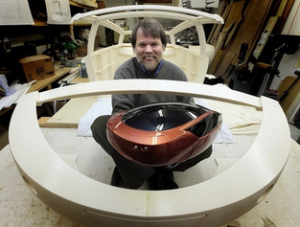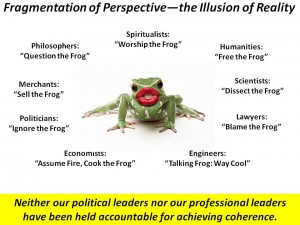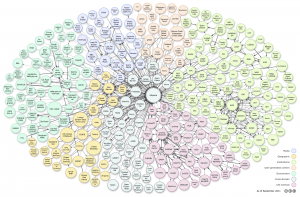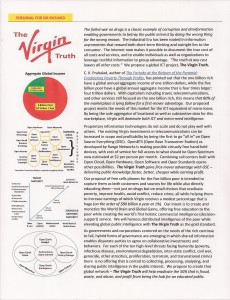
Open Access: a remedy against bad science
Who has never been in the situation that he had a set of data where some of them just didn’t seem to fit. A simple adjusting of the numbers or omitting of strange ones could solve the problem. Or so you would think. I certainly have been in such a situation more than once, and looking back, I am glad that I left the data unchanged. At least in one occasion my “petty” preformed theory proved to be wrong and the ‘strange data’ I had found were corresponding very well with another concept that I hadn’t thought of at the time.

3-D Printed Car Is as Strong as Steel, Half the Weight, and Nearing Production | Autopia | Wired.com
Kor and his team built the three-wheel, two-passenger vehicle at RedEye, an on-demand 3-D printing facility. The printers he uses create ABS plastic via Fused Deposition Modeling (FDM). The printer sprays molten polymer to build the chassis layer by microscopic layer until it arrives at the complete object. The machines are so automated that the building process they perform is known as “lights out” construction, meaning Kor uploads the design for a bumper, walk away, shut off the lights and leaves. A few hundred hours later, he’s got a bumper. The whole car – which is about 10 feet long – takes about 2,500 hours.






